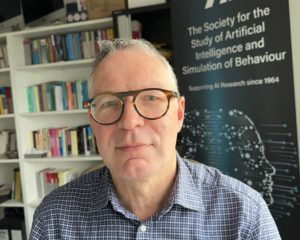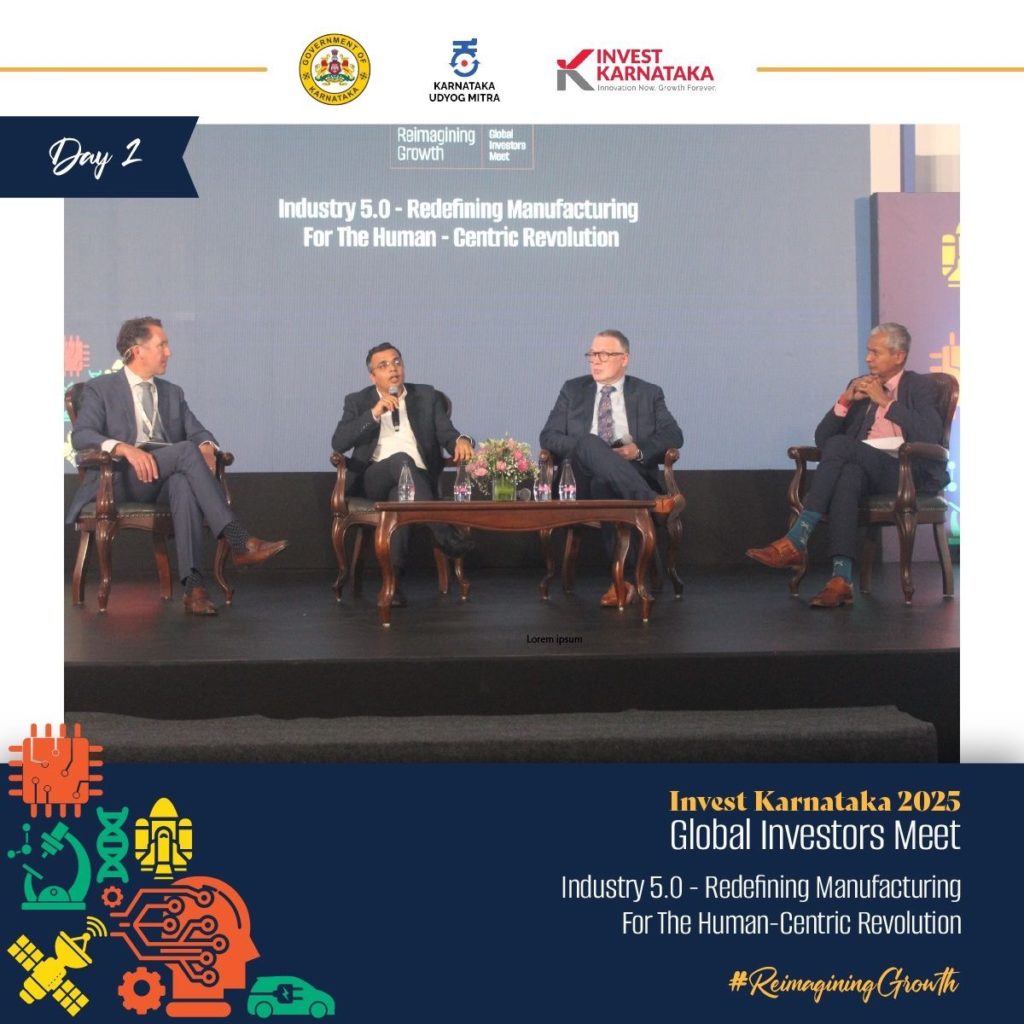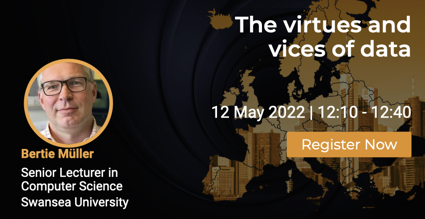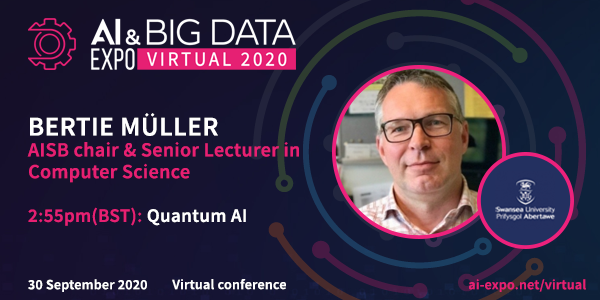
My research interests include:
- Cyber Security of AI
- AI & Technology Ethics
- AI & Quantum Technology
- Agent Programming
- Intelligent Health-Care Support
- Modelling of Biological Systems and Processes
- Resource and Location Concepts in Logics
- Concurrency Theory
- (Object) Petri Nets
- Formal Methods
I am Chair of the Society for the Study of Artificial Intelligence and Simulation of Behaviour (AISB) and Wales Regional Co-Lead of the DEMON network for the application of data science and AI to dementia research. Furthermore, I am a member of the advisory board of the International Artificial Intelligence & Quantum Technology Foundation (INAIQT) and of the international journal Connection Science published by Taylor and Francis.
I organised an international workshop series on Logics, Agents, and Mobility (LAM):
Following four successful LAM workshops at Hamburg in 2008, Los Angeles in 2009, Edinburgh in 2010, Aachen in 2011, for the fifth edition LAM returned to Hamburg as a satellite workshop of Petri Nets 2012. The last of the series, LAM’13, was a by-invitation-only symposium.




